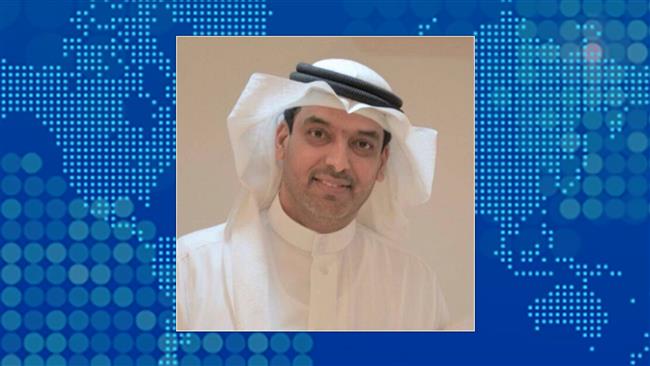
RNA - The incident occurred on Saturday night, when the security forces fired gun shots into Amin al-Hani's car while he was driving in Awamiyah in the restive Qatif region, the UK-based Arabic-language Nabaa television channel reported.
The shots set the vehicle ablaze and his charred body was then recovered from the burned-out car. A video of the incident, shot by a passing car, circulated in social media, showing the time Hani's car was burning in the raging fire.
Earlier in the day, Saudi snipers indiscriminately shot at another car, the driver of which lapsed into a coma due to multiple wounds and was hospitalized. Another man, a passerby, also sustained injuries in the shooting.
Saudi troops also attacked various parts of Awamiyah, inflicting heavy damage on residents' property.
Awamiyah has witnessed an increase in anti-regime protests and an ensuing crackdown as Riyadh has insisted to destroy al-Mosara, the old quarter of Awamiyah, claiming the neighborhood's narrow streets had become a hideout for militants believed to be behind attacks on security forces in the region.
The regime intends to turn Mosara into a commercial zone, despite warnings both by locals and the United Nations that the controversial plan would ruin the 400-year-old neighborhood's historical and cultural heritage and could eventually lead to the forced eviction of hundreds of people from their businesses and residence.
Eastern Province, particularly Qatif, has been the scene of peaceful demonstrations since February 2011. Protesters, complaining of marginalization in the Sunni-ruled kingdom, have been demanding reforms, freedom of expression, the release of political prisoners, and an end to economic and religious discrimination against the oil-rich region.
Riyadh has responded to the protests with a heavy-handed crackdown, but the rallies have intensified since January 2016, when the Saudi regime executed respected Shia cleric Sheikh Nimr al-Nimr, an outspoken critic of the policies of Riyadh. The provocative move further escalated tension across the province. Over the past years, Riyadh has also redefined its anti-terrorism laws so as to target activism.
The Shia community of the province accounts for somewhere between 10 and 15 percent of Saudi Arabia's 33-million-strong population.
847/940